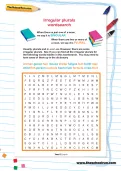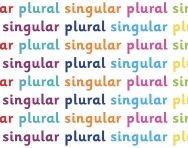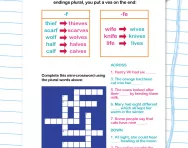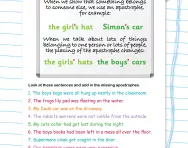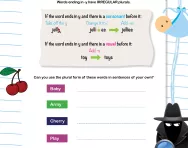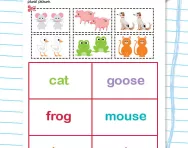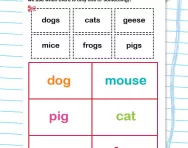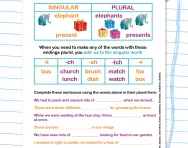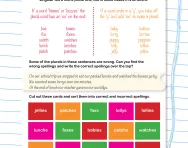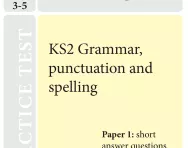Important update from TheSchoolRun
For the past 13 years, TheSchoolRun has been run by a small team of mums working from home, dedicated to providing quality educational resources to primary school parents. Unfortunately, rising supplier costs and falling revenue have made it impossible for us to continue operating, and we’ve had to make the difficult decision to close. The good news: We’ve arranged for another educational provider to take over many of our resources. These will be hosted on a new portal, where the content will be updated and expanded to support your child’s learning.
What this means for subscribers:
- Your subscription is still active, and for now, you can keep using the website as normal — just log in with your usual details to access all our articles and resources*.
- In a few months, all resources will move to the new portal. You’ll continue to have access there until your subscription ends. We’ll send you full details nearer the time.
- As a thank you for your support, we’ll also be sending you 16 primary school eBooks (worth £108.84) to download and keep.
A few changes to be aware of:
- The Learning Journey weekly email has ended, but your child’s plan will still be updated on your dashboard each Monday. Just log in to see the recommended worksheets.
- The 11+ weekly emails have now ended. We sent you all the remaining emails in the series at the end of March — please check your inbox (and spam folder) if you haven’t seen them. You can also follow the full programme here: 11+ Learning Journey.
If you have any questions, please contact us at [email protected]. Thank you for being part of our journey it’s been a privilege to support your family’s learning.
*If you need to reset your password, it will still work as usual. Please check your spam folder if the reset email doesn’t appear in your inbox.
Irregular plural nouns wordsearch
What are irregular plural nouns in English?
Irregular plurals are special forms that some nouns take when they mean more than one. Usually, when we want to make a noun plural, we just add an 's' or 'es' to the end of it: cat becomes cats, or dog becomes dogs.
However, there are some words in English that don't follow this rule. Instead of adding 's' or 'es,' they change in a different way altogether. These words are called irregular plurals.
What are some examples of irregular plural nouns in English?
Here are some examples of irregular plural nouns:
Man - Men
Woman - Women
Child - Children
Foot - Feet
Tooth - Teeth
Mouse - Mice
Goose - Geese
Person - People
How will this activity help you teach your child about irregular plural nouns?
This worksheet, crafted by an experienced teacher, offers a clear explanation of what irregular plural nouns are in English, and challenges them with a fun wordsearch. They first need to decipher what the irregular plural noun is for each word in the list and then search for the irregular plural nouns in the activity. This will will reinforce their knowledge and understanding, and will help them to remember the words when they come across them again.
